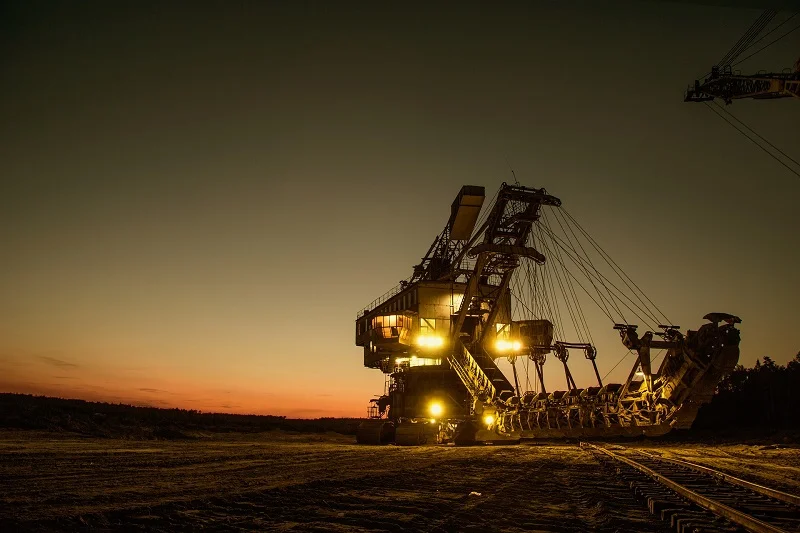Bolivia has selected a consortium led by Chinese battery giant CATL to develop the country’s huge lithium reserves, reported Reuters.
The move is expected to unlock the country’s potential as a supplier of lithium for batteries, which are needed for the global transition to electric vehicles (EVs).
Selected following a bidding process, the consortium, which is known as CBC, will be responsible for undertaking direct lithium extraction from the country’s Uyuni and Oruro salt flats.
The bidding round attracted interest from companies that included US-based Lilac Solutions, Russia’s Uranium One Group and three bidders from China.
CBC also includes mining giant CMOC and will hold the rights to develop two lithium plants, each with an annual production capacity of up to 25,000 tons of battery-grade lithium carbonate.
According to the US Geological Survey, Bolivia’s iconic salt flats hold lithium resources of 21 million tons.
Bolivian President Luis Arce was cited by the news agency as saying that the first phase of the project would involve an investment of more than $1bn from CBC.
Arce is also in talks with other foreign firms for potential partnerships.
“Today begins the era of industrialisation of Bolivian lithium,” Arce stated.
The country aims to commence the export of lithium batteries in the first quarter of 2025, reported BBC News.
Last August, Whitehorse Gold agreed to acquire a 100% stake in a private Bolivian incorporated mining company, TIN Company, from its three shareholders (vendors), which included Bolivian nationals and arm’s length parties.
Tin Company’s primary asset is a tin-zinc-silver-lead polymetallic mineral project, which is situated in the Oruro Department.
Source : Mining Technology
















